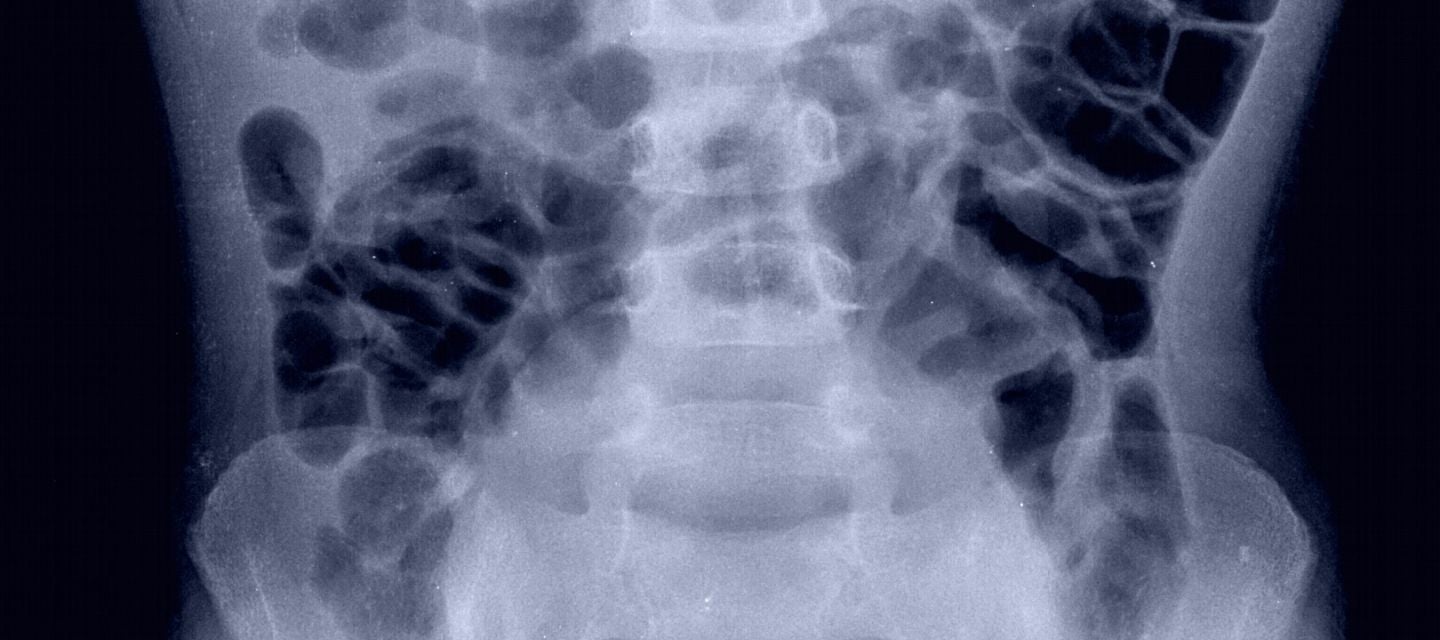
Colonic transit study x-ray
Colonic transit study x-ray

What is a colonic transit study x-ray?
A colonic transit study is a special x-ray examination. It assesses the time it takes for food to travel through your digestive system.
It is most often used with patients who are suffering from chronic constipation.
This test can be performed at our Hamilton clinics. If you live outside Hamilton, we can arrange appointments at Morrinsville, Te Awamutu, Cambridge or Mokoia Radiology.
How much will my examination cost?
Fees for radiology tests can vary and depend on a number of factors. Please make an enquiry with us by phone or email to get a quote for the service you require. ACC co-payments may apply.
We accept all radiology referral forms.
Waikato
Phone: 0800 426 723
Email: Booking.Waikato@i-med.co.nz
Rotorua
Phone: 0800 466 5642
Email: Booking.Rotorua@i-med.co.nz
Bay of Plenty
Phone: 07 544 5993
Email: Booking.bop@i-med.co.nz
Taranaki
Phone: 06 759 4317
Email: Booking.Taranaki@i-med.co.nz
How do I prepare for a colonic transit study? keyboard_arrow_down
No special preparation is needed before a colonic transit study. Just stick to your regular diet, but avoid taking laxatives, doing colonic washouts, or using suppositories for the 5 days leading up to the test.
When you schedule your appointment, you'll receive a capsule with 24 radiopaque polyvinyl chloride O-rings that show up on x-ray images.
On the a day of your choosing (day 0), swallow the capsule. The next day is day 1, and on day 5, attend our clinic for an abdominal x-ray.
Before the test, you'll be given a consent form. This form explains the preparation, procedure, possible complications, and aftercare. Take your time to read through it, ask any questions you may have, and only proceed with the test if you're comfortable – you'll need to sign the consent form as the final step.
What happens during the examination? keyboard_arrow_down
The x-ray is a quick and painless test. It only takes a few minutes, but please allow enough time to be in the department for 30 minutes.
The radiographer calls you into the x-ray room and asks you to lie flat on your back on the table, and as series of x-ray images of your abdomen will be taken.
What happens after the x-ray? keyboard_arrow_down
You can continue any laxative medicines that you have stopped for the test.
The Radiologist will review the images and provide a written report to your referring doctor.
Related procedures

This information has been reviewed & approved by Dr Ronald Shnier (I-MED Chief Medical Officer).
Related procedures

This information has been reviewed & approved by Dr Ronald Shnier (I-MED Chief Medical Officer).
How much will my examination cost?
Fees for radiology tests can vary and depend on a number of factors. Please make an enquiry with us by phone or email to get a quote for the service you require. ACC co-payments may apply.
We accept all radiology referral forms.
Waikato
Phone: 0800 426 723
Email: Booking.Waikato@i-med.co.nz
Rotorua
Phone: 0800 466 5642
Email: Booking.Rotorua@i-med.co.nz
Bay of Plenty
Phone: 07 544 5993
Email: Booking.bop@i-med.co.nz
Taranaki
Phone: 06 759 4317
Email: Booking.Taranaki@i-med.co.nz
